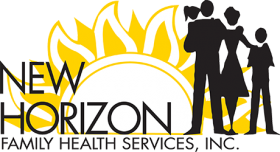
According to the Health Resources and Services Administration (HRSA) the Federally Qualified Health Center or FQHC is a community-based organizations that provide comprehensive primary care and preventive care, including health, dental, and mental health/substance abuse services to persons of all ages, regardless of their ability to pay.
FQHCs operate under a consumer Board of Directors governance structure and function under the supervision of the Health Resources and Services Administration, which is part of the United States Department of Health and Human Services. FQHCs were originally meant to provide comprehensive health services to the medically underserved to reduce the patient load on hospital emergency rooms. However, their mission has changed since they were first founded. They now bring primary health care to underserved/underinsured/uninsured Americans, including migrant workers and non-U.S. citizens.
FQHCs provide their services to all persons regardless of ability to pay, and charge for services on a community board approved sliding-fee scale that is based on patients’ family income and size. FQHCs must comply with Section 330 of the Public Health Service Act (PHS) program requirements to qualify for funding.
In return for serving all patients regardless of ability to pay, FQHCs receive consideration from the Federal government in the form of a cash grant, cost-based reimbursement for their Medicaid patients, and free malpractice coverage under the Federal Tort Claims Act (FTCA).
FQHCs are also called Community/Migrant Health Centers (C/MHC), Community Health Centers (CHC), and 330 Funded Clinics. The government also designates a category of health centers as “FQHC Look-Alikes.” These health centers receive cost-based reimbursement for their Medicaid services, but do not receive malpractice coverage under FTCA or a cash grant.
